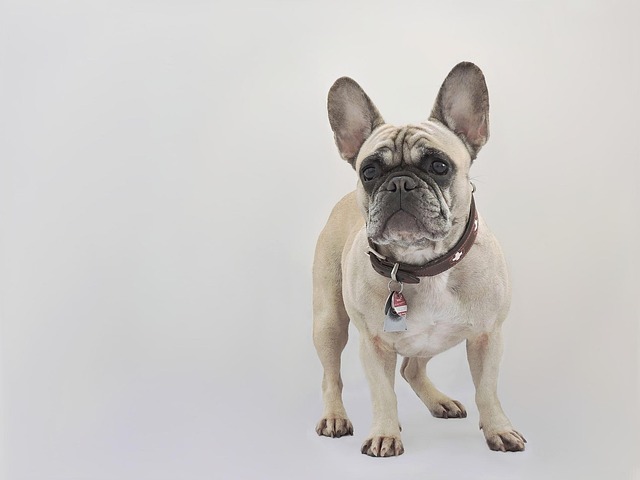
How to treat canine influenza?
Canine influenza can creep up fast—one day your pup is playful at the dog park, the next they’re coughing, sneezing, and lethargic.
I met my neighbor Tom last week outside the pet store, clutching a handful of food labels while his 9-week-old German Shepherd puppy, Loki, tugged at his leash. “I have no idea what to feed him,” he admitted. “The clerk mentioned ‘large-breed formulas,’ but I’m overwhelmed.” If you’re a new U.S. owner of a German Shepherd puppy, this confusion is totally normal—these energetic, fast-growing pups have unique nutritional needs that differ from small breeds, and what you feed them now shapes their bone health, energy, and long-term well-being. The key isn’t just “any puppy food”—it’s choosing options tailored to their large-breed growth and avoiding common pitfalls.
German Shepherds are large-breed puppies, meaning they gain 60–80 pounds in their first year—their bones and joints (prone to hip/elbow dysplasia) need precise nutrition to grow strong without strain. Unlike small breeds, they require controlled levels of calcium (1.2–1.8%) and phosphorus (1.0–1.6%)—too much calcium can speed bone growth unnaturally, increasing dysplasia risk. They also need high-quality protein (at least 22% of their diet, from real meat like chicken or lamb, not fillers) to fuel their boundless energy. Tom’s vet later explained that generic puppy food often misses these balances—“large-breed specific” formulas are non-negotiable for GSDs.
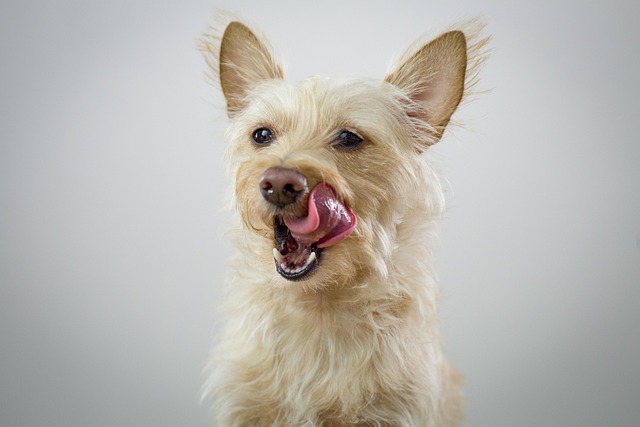
Here’s what to feed your German Shepherd puppy, step by step: First, choose AAFCO-certified large-breed puppy food—look for “formulated for growth” on the label (this guarantees it meets nutritional standards). Dry kibble is great for dental health (crunchy texture scrapes plaque) and portion control; mix in 1–2 tablespoons of wet food (high moisture, palatable for teething pups) if Loki turns up his nose. Avoid table scraps—grapes, onions, and chocolate are toxic, and human food upsets their nutrient balance. Feed 3–4 small meals daily (instead of 1–2 large ones) to prevent bloat, a life-threatening issue for deep-chested breeds like GSDs. Measure portions strictly (follow the food label’s weight-based guidelines) to avoid obesity, which worsens joint stress. Always provide fresh water—critical if feeding mostly dry food.
Use mealtime for positive training: Call Loki to his bowl with a command like “dinner time,” and reward him with a tiny kibble for sitting patiently. Never scold him for slow eating or leaving food—this violates U.S. animal welfare standards and creates mealtime anxiety. For apartment living, feed him in a quiet corner (away from noisy TVs or foot traffic) to help him focus, and clean his bowl immediately to deter pests. When walking after meals, wait 30–60 minutes before play to reduce bloat risk, and always carry extra poop bags (cities like San Diego fine $200 for leaving messes). While at the vet for weight checks (monthly for growing GSDs), confirm his rabies and distemper vaccines are up to date (required nationwide)—vets can also adjust his diet if he’s growing too fast or slow.
Feeding a German Shepherd puppy isn’t about perfection—it’s about consistency and breed-specific care. With the right food, portion control, and vet guidance, Loki will grow into a strong, healthy companion.

Canine influenza can creep up fast—one day your pup is playful at the dog park, the next they’re coughing, sneezing, and lethargic.
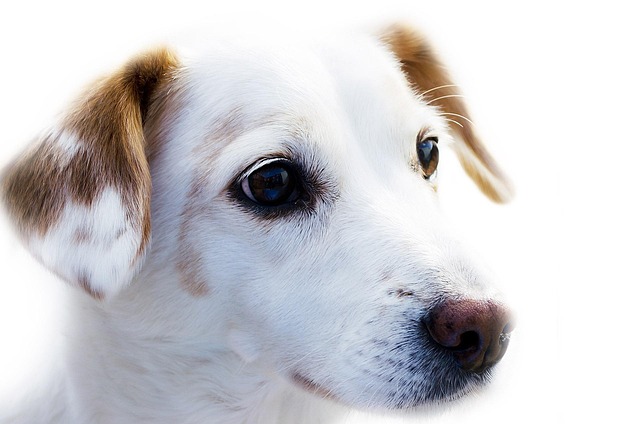
I spent a frantic afternoon last July with my friend Maya, whose 3-year-old Golden Retriever, Cooper, had collapsed during a walk in 95°F heat—his gums were bright red
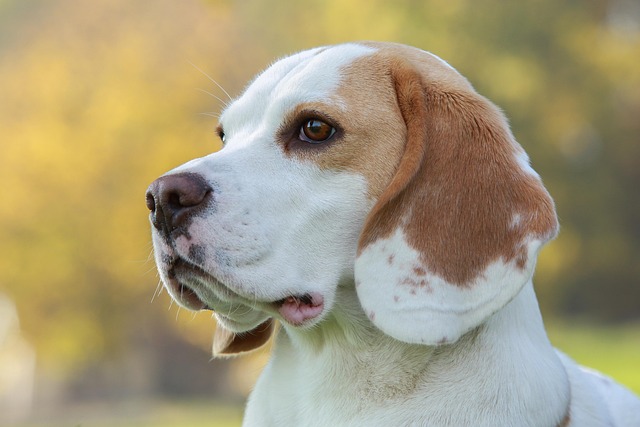
Diabetic dog’s lifespan depends a lot on how quickly you catch the signs and stick to a care routine—things like increased thirst, frequent accidents, or sudden weight loss often tip owners off first.
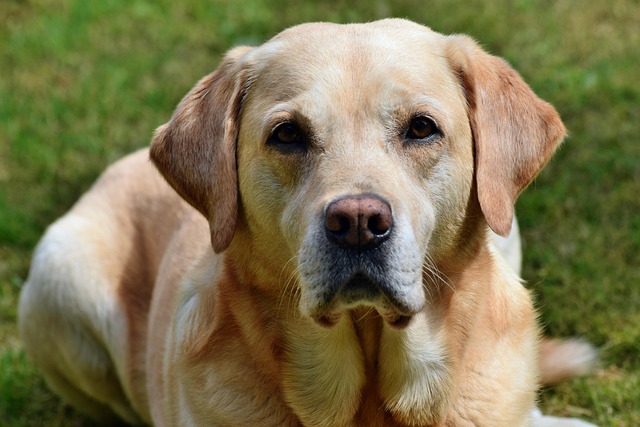
I was at the park last July when I saw my friend Jake panicking—his 2-year-old Border Collie, Ruby, was lying in the shade, panting so hard her tongue was bright purple
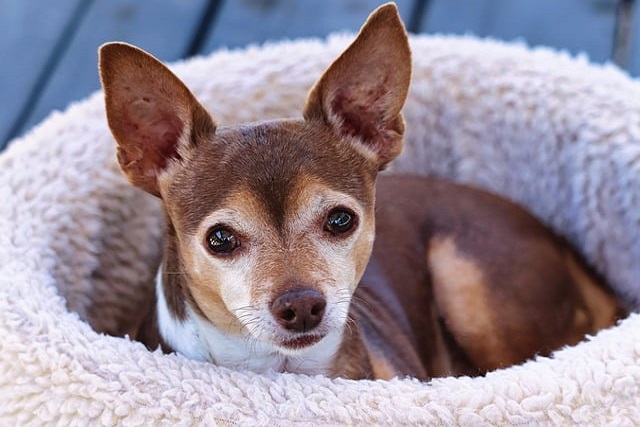
I met my neighbor Tom last week outside the pet store, clutching a handful of food labels while his 9-week-old German Shepherd puppy, Loki, tugged at his leash.
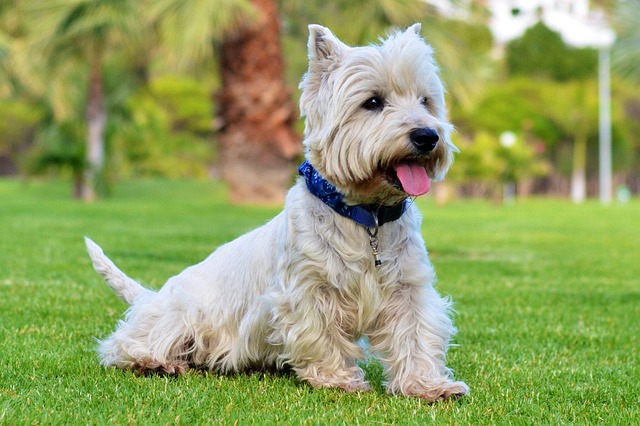
You’re in the middle of cuddling your pup on the couch when you notice they won’t stop scratching a red, flaky spot on their belly.